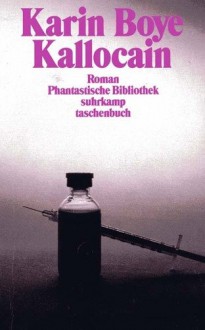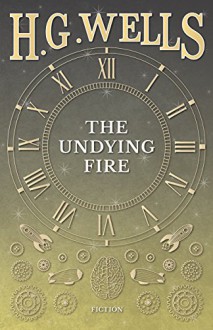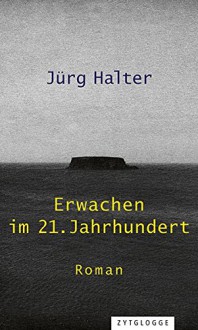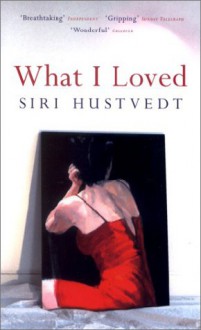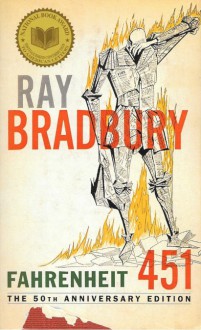Looking back at 2019 I really liked a lot of the books that I have read, but as always, there were a couple of disappointments as well. Due to the fact that I also had to write my master’s thesis (which – heureka! – is finally done), I set my goal for the annual Reading Challenge quite low at 20 and for the first time in the four years I have been doing this, I successfully managed to meet this goal.
Before I start a new year of reading, I would like to take the time for a short retrospect and share with you what I liked and disliked and why.
The top 3 of 2019
First and foremost I would like to highlight Kallocain by Karin Boye as one of the best novels I have read this past year. It is not only an example of superb writing, but it features some incredibly strong scenes that are still on my mind and still get to me whenever I think about them.
Secondly, everything written by Bradbury, but especially his Dinosaur Stories, because they were so passionate and imaginative, that they outshine Fahrenheit 451 as well as Now and Forever in this regard.
And the third place goes to Lidija Čukovskaja for her novel The deserted House, the touching and bigger than life tale of Olga Petrovna that brought tears to my eyes.
The bottom 3 of 2019
I was immensely disappointed by The Undying Fire, not only because I highly admire H. G. Wells, but also because it had such a promising start. Overall, it is too lengthy and the structure depends too much on lining up monologue after monologue after monologue that it is hard to keep your interest up.
Another big letdown was Erwachen im 21. Jahrhundert by Jürg Halter. Again, I had quite high hopes, but unfortunately this novel is too pessimistic for my taste and it is so over the top cynical! Due to Halter being a poet rather than a novelist the text is also quite demanding, which is not a bad thing per se, but in this case it is so overflowing with so much at the same time that I reached a mental overload multiple times.
Finally, Siri Hustvedt’s What I loved was by far the worst. Too descriptive, too ivory-tower elitist, a complete lack of inner logic and in my opinion, a bunch of unbelievable and uninteresting characters.
Honourable Mentions
There is one book I would like to add as an honourable mention: Simon Stålenhag’s The Electric State. Since I primarily bough it, because I had already fallen in love with his artwork a couple of years ago, I was not disappointed, even though the storyline is a little on the weak side.

 Log in with Facebook
Log in with Facebook 
